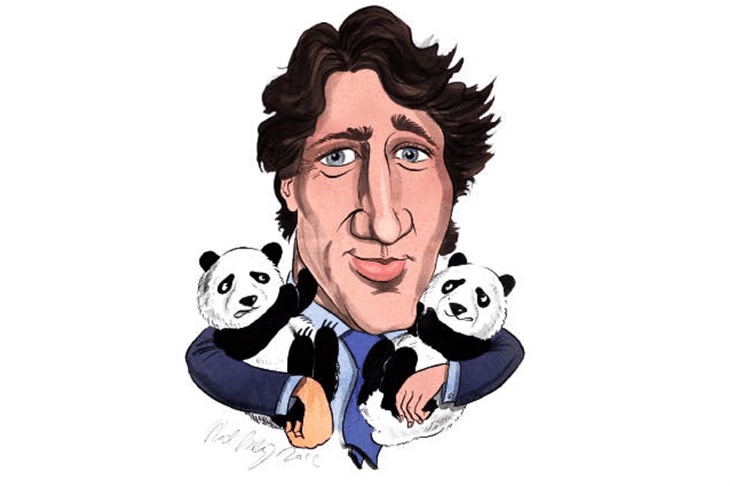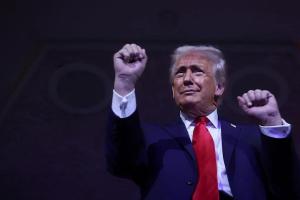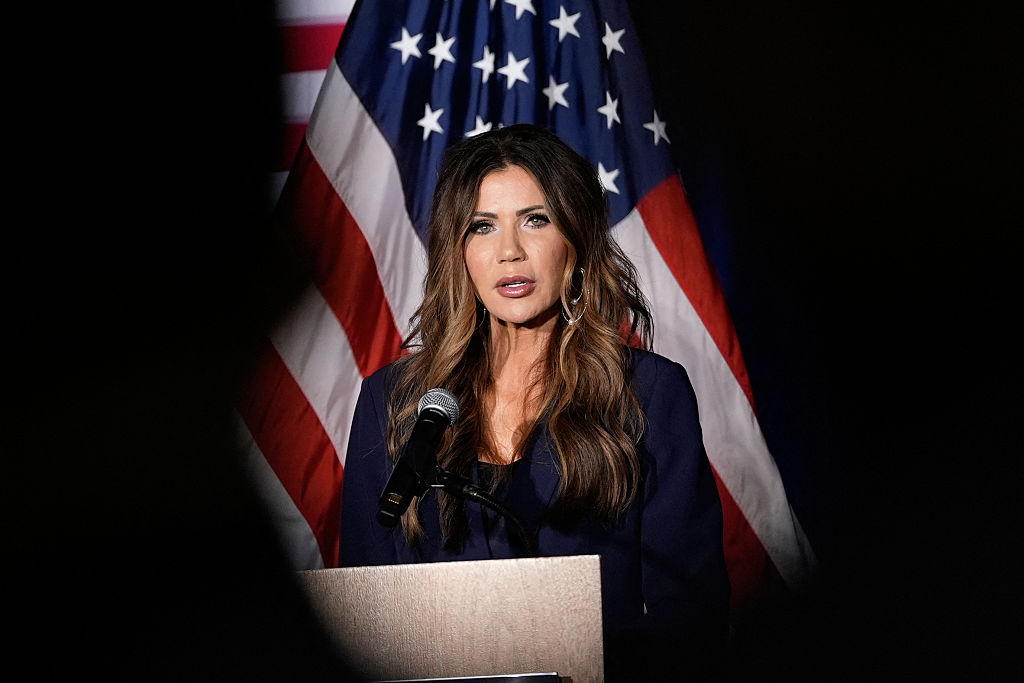He’s gone — but he’s not gone. As per his announcement in Ottawa on Monday, one of Canada’s most disliked prime ministers is finally set to exit the political stage. First sworn in on November 4, 2015, Justin Trudeau will resign once the Liberal Party has chosen his successor. It is a process that may take some time.
Trudeau started out as prime minister by promising “sunny ways.” Instead his regime delivered a tumultuous decade of radical social and legal change, achieved by methods that were frequently high-handed and occasionally unprecedented (such as the debanking of protestors).
Under his leadership, Canada doubled its national debt, legalized marijuana, witnessed homicides and gun crime skyrocket, and saw overdose deaths quadruple, while assisted suicide went from a criminal act to Canada’s fifth leading cause of death. Not so sunny, after all.
During the pandemic Trudeau’s administration imposed some of the most repressive health restrictions in the world. This led to the 2022 truckers’ protests and border blockades. A viral photo of anti-mandate protestors sitting in inflatable hot tubs amid the February snow on Parliament Hill will probably end up being one of the iconic images of Trudeau’s premiership during this time. The other will probably be the image of a masked police officer riding on horseback over a fallen protestor in the street.
Trudeau has always been a curious mix of ruthlessness and juvenility — confidently invoking the never-before-used Emergencies Act to disperse a protest, for instance, but prone to such unseriousness as dressing himself and his family in traditional Indian garb for an official tour of that country, a matter of some diplomatic embarrassment. Yet his interest in costume was felt to be so patently sincere that he was able to shrug off photos of his younger self in blackface as an excess of enthusiasm — an explanation which few other politicians in this era could get away with.
During his time in office, he went out of his way to stoke anti-religious sentiment. When the nominally Catholic Trudeau first became leader of the Liberal party in 2014, he announced that all Liberal MPs, regardless of faith or conscience, had to vote pro-choice on pain of expulsion. After winning the election he doubled down, restricting government funding for groups that endorsed abortion.
Then in 2021, Trudeau chose to lend credence to the still unsubstantiated claims of mass graves at indigenous residential schools, which had been largely run by the Catholic Church (but also other Christian churches) on behalf of the Canadian government. Soon vandals and arsonists began attacking churches. More than 100 Canadian churches have been burned and many others vandalized since.
Trudeau’s legalization of marijuana has led to annual cannabis sales of nearly $5 billion. His administration also allowed British Columbia to begin a three-year trial period of decriminalizing the possession of hard drugs. Small quantities of drugs including fentanyl can now be carried there with impunity. Unsurprisingly, organized crime has come to view Canada as one of the most favorable countries for fentanyl manufacture and export.
Which is why soon-to-be President Donald Trump recently threatened Canada with a 25 percent tariff on all goods entering the US from Canada if the Canadian government doesn’t get a handle on illegal drug trafficking and migration — a tariff that would significantly harm the Canadian economy if left unaddressed.
This has brought a great deal of pressure to bear on Trudeau, both from provincial governments and from his own administration. During Trump’s previous tenure as US president, Trudeau notably failed to establish good relations, and his government is struggling to resolve the situation. His finance minister Chrystia Freeland resigned before Christmas — coincidentally, on the very day that she was expected to announce, and explain, the enormously increased federal deficit. Instead, she released a lengthy open letter complaining about her boss, citing differences on how to handle the tariffs among other reasons for her resignation.
This was not the first time that a key Trudeau insider had turned on the prime minister in a very public way — his one-time justice minister and attorney general Jody Wilson-Raybould resigned in 2019, accusing Trudeau of wrongly attempting to influence criminal proceedings in the SNC-Lavalin affair. Both women had been key members of Trudeau’s government from the very beginning. Both were appointed to his first cabinet, which he famously declared would be the first to be equally divided between men and women, “Because it’s 2015.” Perhaps he should have considered his appointment criteria more carefully.
With his former friends turning on him, time seems to have run out for Mr. Sunny Ways, though one cannot but note he has not actually left office yet. A leadership race seems likely to be messy; at present there is no obvious choice to succeed him. Rallying the party faithful will be challenging enough. But beyond that, whoever gets the job will have a hard time shaking — or glossing over — the Liberal party reputation for radical progressivism it has so justly acquired over the past decade.
With parliament prorogued until spring, Trudeau will continue to run the country, with no chance of a no-confidence vote to unseat him. While Canadians may feel the end is in sight, it’s not over till it’s over.


























Leave a Reply